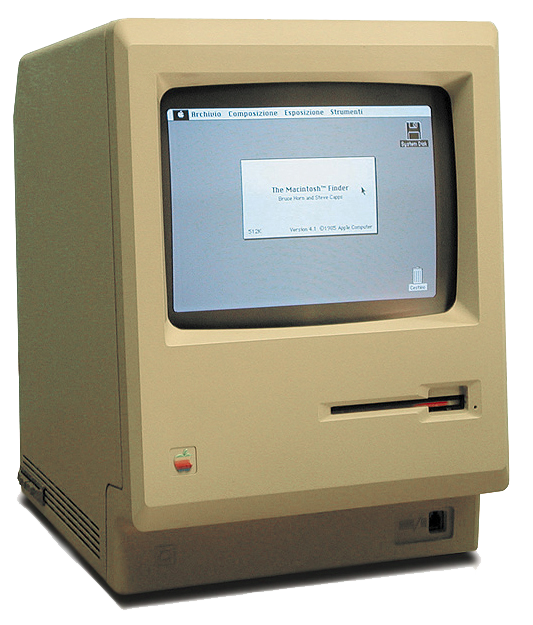It appears as if for now, IBM will let Mark Papermaster work at Apple starting in April, but with a catch. Everytime there may be a question of whether or not Papermaster might disclose confidential information, he must check in with IBM, court documents indicate.
IBM’s assistant general counsel Ron Laureldale would then make a determination “in good faith” whether or not the information may include trade secrets of the company.
Additionally, in July and October he would be required to sign declarations that he has not shared any IBM trade secrets with Apple under penalty of purjury. The agreement expires on October 24, one year after he left IBM.
What does this mean? Big Blue could get unprecedented access by a third-party into Apple’s plans for future products. No doubt, this must not have Jobs and Co. very happy considering the level of secrecy they like to maintain over products, however Papermaster must be such a catch that Apple is willing to sacrifice a little security.
Agreements like this are not unheard of, but are rather rare to be disclosed publicly. No doubt, the media attention this case has made this a little higher profile than most non-compete litigation.
When he joins Apple, Papermaster will take the position of iPod/iPhone developement chief, replacing Tony Fadell who stepped down late last year.

 Gossip site Valleywag
Gossip site Valleywag Saturday, January 24 marks the 25th anniversary of the computer that arguably changed the PC forever: the Apple Macintosh. That winter day in 1984, a much younger (and healthier) Steve Jobs ignited the PC revolution with a computer that was easy to use, featured the first consumer computer GUI, and a mouse.
Saturday, January 24 marks the 25th anniversary of the computer that arguably changed the PC forever: the Apple Macintosh. That winter day in 1984, a much younger (and healthier) Steve Jobs ignited the PC revolution with a computer that was easy to use, featured the first consumer computer GUI, and a mouse. President Obama has selected current Democratic Commissioner Michael Copps as acting head of the Federal Communications Commission in the wake of Kevin Martin’s resignation, the Administration announced late Thursday. The Commissioner has served with the FCC since 2001.
President Obama has selected current Democratic Commissioner Michael Copps as acting head of the Federal Communications Commission in the wake of Kevin Martin’s resignation, the Administration announced late Thursday. The Commissioner has served with the FCC since 2001. I just got finished reading two pieces on Blu-ray: one from David Carnoy from last week on
I just got finished reading two pieces on Blu-ray: one from David Carnoy from last week on